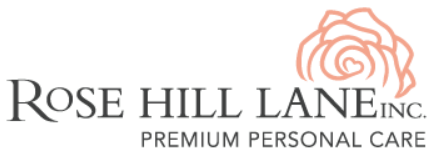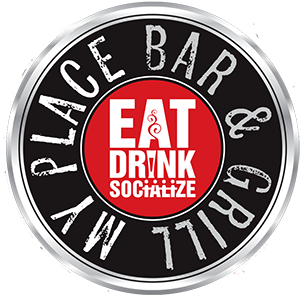Cases of COVID-19 have continued to rise in Niagara, including a daily record of 63 cases in one day earlier this week. Provincially, we are likewise seeing record numbers of daily cases. In Niagara, since the start of October, we have lost at least 13 more of our fellow residents to death from COVID-19.
In the spring, COVID-19 cases were controlled by a lockdown that forced us to stay home. By limiting our social interactions with others, we were able to reduce the spread of infections. However, that came at significant economic and social cost.
The provincial government has been attempting to take a balanced approach to reducing the spread of infections: reducing social interactions enough to slow the spread of infections, but also limiting the harm to the economy and social life. Unfortunately, given that infections continue to rise in Niagara, that balance has not yet been found.
Just as staying home limited social interactions and slowed the spread of infections in the spring, that same dynamic is needed now to slow the spread of infections. Dr. Theresa Tam, Chief Public Health Officer of Canada, recently advised all Canadians that we need to reduce our in-person social contacts in order to control COVID-19.
I am therefore urging everyone in Niagara to
- Limit in-person social interactions to people within your household. Minimize interactions with people who don’t live in your house and one or two persons who are essential to maintaining physical and mental health (e.g. caregivers, social supports to someone who lives alone). This means you should avoid in-person social interactions with friends, with co-workers when not at work, and with extended family. When dining at restaurants, going to the movies, or partaking in other social activities, you should limit it to your household members.
- Stay home if you have any symptoms of illness, however mild. While it is cold season now and many of us are used to mild infections at this time of year, a mild illness could be COVID-19 and may be much more severe for someone else who might catch it from us. By staying home if sick, we protect everyone else in our community.
To help support this, our local restaurants, bars, wineries, breweries, and other food and beverage service operators will soon begin to ask for information including if you have any symptoms of illness before you can dine with them, and to ask that you confirm that you are dining only with your household or persons essential to maintaining physical and mental health.
As always, when outside of our household, we should continue to keep 2 metres distance from others, wash/sanitize our hands frequently, and wear face coverings routinely indoors and when we cannot keep 2 metres distance outdoors.
We know the past 8 months have been challenging in how we have had to adjust our personal lives, and this is another way we will need to temporarily adapt. However, our personal actions are the biggest determinant of COVID-19 spread, and our choices of how we interact socially with others will determine if we control COVID-19 and save lives, or if we will allow COVID-19 to spread further and necessitate more provincially-imposed restrictions on our social lives and economy.
I believe that if we successfully reduce our social interactions to just our households, we are well-positioned in Niagara to be able to reduce our COVID-19 case counts, keeping our community safe and healthy, and allowing some more openness for the holiday season.
 Back to myNiagaraOnline
Back to myNiagaraOnline
































